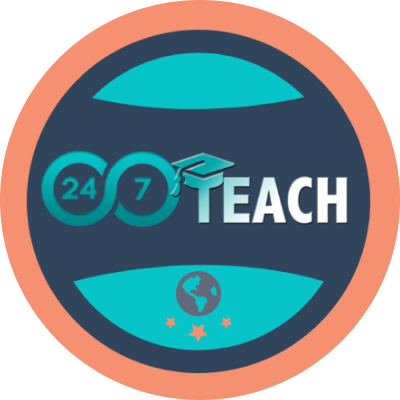Career Outlook - Software Engineer
Average Salary: $115,777
The future for Software Engineers is exceedingly bright and promising. According to the U.S. Bureau of Labor Statistics (BLS), the employment of software developers, quality assurance analysts, and testers is anticipated to skyrocket by 25% between 2021 and 2031, outpacing the average for all other professions.
An estimated 163,000 job opportunities for these tech professionals are projected yearly over this decade. A significant portion of these opportunities will arise from the need to replace engineers who transition to different sectors or retire, as highlighted by the BLS.
In a testament to the ever-growing importance of this profession, U.S. News & World Report crowned the role of the software developer as the top job in their 2023 Best Jobs report, published in January 2023. This ranking is derived from BLS data, pinpointing jobs with the highest hiring demand. Various factors play into this assessment, including 10-year growth volume and percentage, median salary, employment rate, future job prospects, stress level, and work-life balance.
Embarking on a Software Engineering Journey
Software development isn't merely about writing lines of code. It's about creating solutions, shaping user experiences, and driving the tech world forward. As a software engineer, you'll potentially be at the forefront of digital innovation, working on projects that range from mobile applications to massive, intricate software systems.
How to Become a Software Engineer in Seven Steps:
Embrace Software Engineering Education: Start with foundational computer science courses and advanced programming specialties.
Hone Technical Skills: Get proficient in multiple programming languages and understand software development methodologies.
Engage in Internships/Training: Gain real-world experience and work on tangible projects.
Research Software Engineer Responsibilities: Understand the depth and breadth of tasks and projects typical to the role.
Craft a Stellar Resume: Showcase your projects, certifications, and skills.
Apply for Software Engineering Positions: Target roles that align with your skillset and growth aspirations.
Continuous Learning: Stay updated with the latest tech trends, languages, and methodologies.
Graduates of 24/7 Teach will appreciate that in the tech industry, hiring is predominantly based on skills, project experience, and problem-solving ability rather than just formal education.
Your Role in the Digital Landscape
As a software engineer, you could be actively engaged in the entire software development lifecycle. This encompasses conceptualizing, designing, coding, testing, and finally deploying software solutions. Depending on your specialization, you might work on web applications, mobile apps, cloud solutions, or even emerging technologies like artificial intelligence.
Being a software engineer provides the opportunity for immediate value creation. Whether you're designing a user-friendly app interface, optimizing backend code, or ensuring top-notch security, your contributions have tangible impacts. Essential skills for success include analytical thinking, problem-solving, and of course, proficiency in coding.
While a degree in computer science, software engineering, or related fields is often advantageous, it's not the sole entry point. A significant portion of successful software engineers have degrees in diverse disciplines or have transitioned from different career paths, emphasizing the importance of skills and passion over formal qualifications.
Why Choose Software Engineering?
The digital realm is ever-evolving, with software engineering at its core. With the rapid adoption of technology in every facet of life and business, the demand for skilled software engineers has never been higher. By choosing this path, you're not just securing a job; you're ensuring a prosperous and dynamic career filled with opportunities to innovate, grow, and lead. Ready to dive in?
Become a Software Engineer Today!




